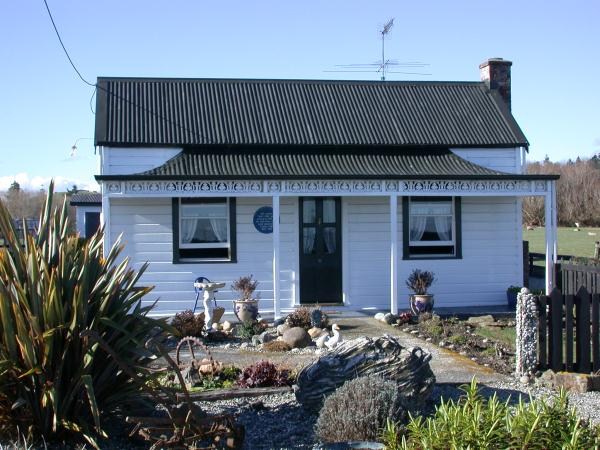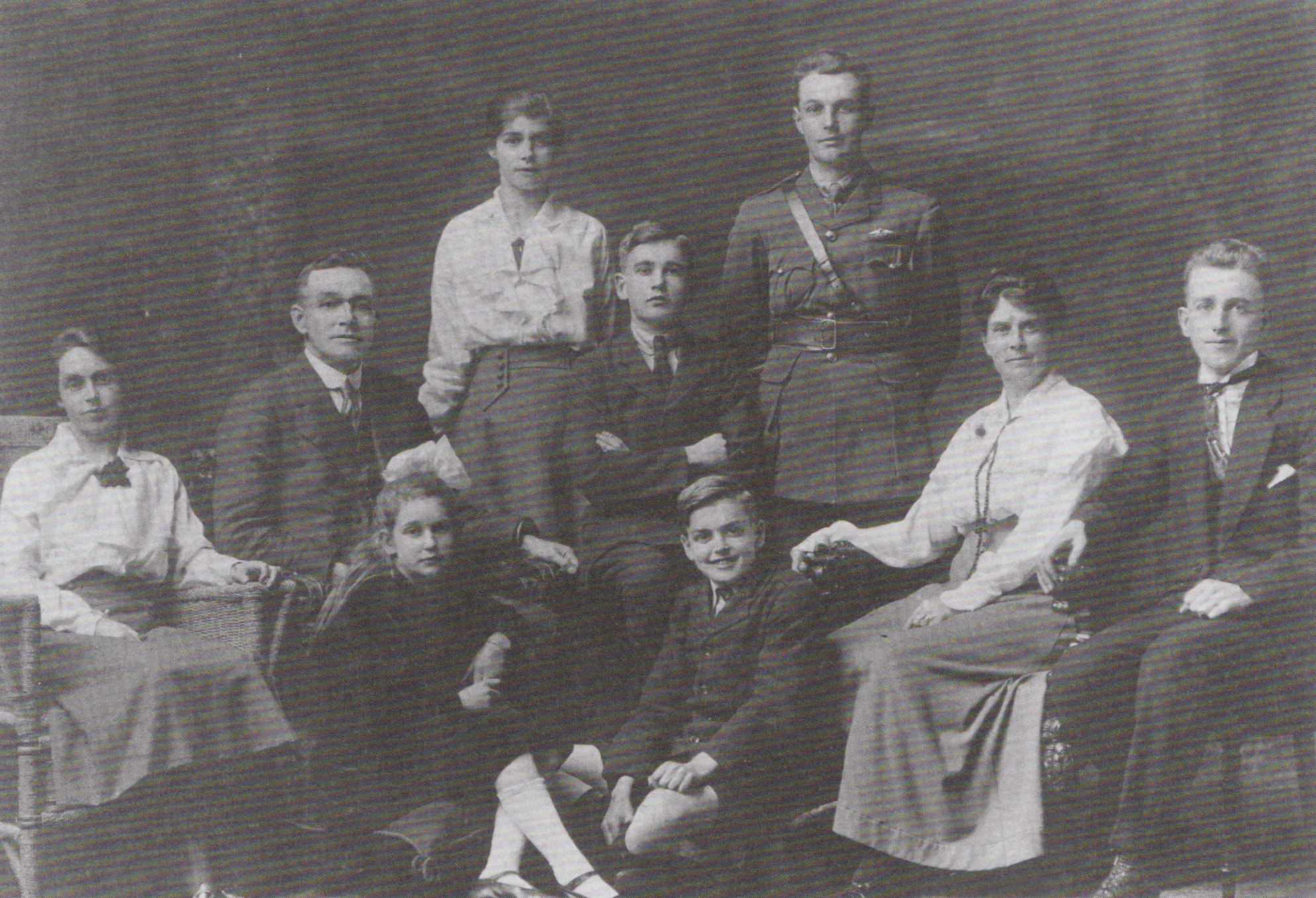The last couple of weeks I have been busy working towards completing a history research internal assessment - a very long but worthwhile process. I was luckily able to work this internal in parallel with my Young Ambassador inquiry, meaning that over the month since my last blog entry, I have been able to kill two birds with one stone. The outline of the history internal is to “research one historical event or place that is of significance to New Zealanders.” I stated the aim of my research assessment as the following: “I am going to focus on the West Otago community and the extent to which it was affected during WWI. In today’s society, we don’t know what it is like to live in a community which is stricken by war and its impacts, so by the end of this investigation I wish to understand what life was like for those left behind in West Otago during the war.” As you can see, this is very similar to my inquiry project! For this blog entry, I will share some of the information I have discovered throughout my research internal.
Many of you will know of the family owned Todd Corporation, and their legacy as one of New Zealand’s largest and most successful companies. However, I doubt you know that the founding members of this multi-billion dollar company were born and raised in the small town of Heriot, West Otago. As a young girl attending Heriot Primary School, I visited the locally renowned ‘Todd Cottage’ on numerous field trips without knowing much about the family or their pioneering history. Through my research assessment, I discovered much more about the Todd family than I had previously known, including valuable information about Charles (C.P.) Todd - the lesser known of the four Todd brothers. Being the eldest son, C.P. was the only one of the Todd brothers who was old enough to go to war. However, while other men were excitedly volunteering to fight for their country on the land, C.P, according to his brothers, “had his eye firmly fixed on getting into the Royal Flying Corps” (Bryan Todd, ‘Early Days in Heriot’). With a huge fascination of scientific and technological advances, C.P. “dreamed of being one of those daring young men in their flying machines” (Ross Galbreath, Enterprise and Energy: The Todd Family of New Zealand). 
The Todd Cottage today.
After an initial declined application for the New Zealand Flying School, C.P. was accepted in March 1917 and travelled to Kohimarama to report for duty. In August, he passed his test to qualify as a pilot and was transferred to Rochford, England, to undergo further training. Because the German planes had started flying bombing raids on British cities at night, C.P. and his fellow cadets had to learn to fly under darkness. This new skill was much more difficult, and, combined with the difficulty of learning to fly a new type of aircraft, there was generally at least one fatal crash at Rochford each month. In April 1918, the Royal Flying Corps and the Royal Naval Air Services combined to form the Royal Air Force. This new air service had 24 000 officers but only 13 500 planes, meaning that because C.P. had not yet completed his training to a sufficient level, his flying career was abruptly brought to a close. He returned home without flying in any actual operations, and as a man who was “older, wiser perhaps, and more troubled than when he left” (Ross Galbreath, Enterprise and Energy: The Todd Family of New Zealand).
The Todd family in October, 1917 before C.P. sails away to war. He is standing in the back wearing his uniform.
Sourced from: Enterprise and Energy: The Todd Family of New Zealand, written by Ross Galbreath
A mon avis, l’histoire de C.P peut nous dire beaucoup sur la réalité de la guerre. Pendant que de nombreux jeunes hommes à West Otago et à travers Nouvelle Zélande ont saisi l’occasion au vol de servir leurs pays et ‘The Motherland’, souvent c’était rien comme ils ont attendu. What began as a desire to courageously and honourably fulfill their duty for New Zealand ended in either death, horrific and haunting memories or, as in C.P.’s case, bitter disappointment. Even with the inauguration of an Otago Aero Club in Dunedin, Charles Todd never flew again.
Latest from Harriet Keown
Related items
Media
1 comment
-
Comment Link
 Saturday, 19 April 2014 21:16
posted by Ruth Bourchier
Saturday, 19 April 2014 21:16
posted by Ruth Bourchier
C'est intéressant de lire de l'expérience (ou plutôt manque d'expérience) de guerre de C.P. Où en es-tu dans ta recherche sur l'impact de la guerre sur la communauté de Heriot? Est-ce que Heriot a perdu beaucoup de ses jeunes hommes? Est-ce que les femmes ont été obligées de faire le travail dans la ferme. Je me demande si il y a eu des familles qui ont dû quitter leur ferme parce que leurs hommes sont morts. Tant de questions!
Search
Who's Online?
The following members are online:
Latest Forum Posts
- No posts to display.
Powered by Technologywise / Design by yojodesign

